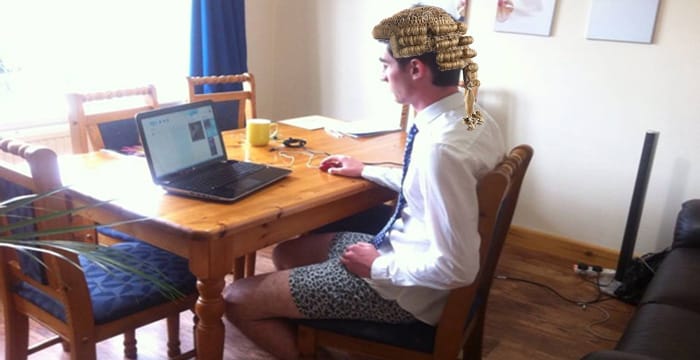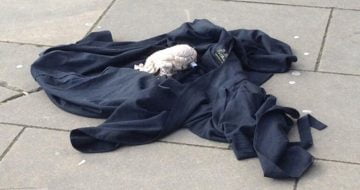‘Zoom events just don’t cut it’

The effect of COVID-19 on the junior end of the barrister profession has been laid bare in new research released by the Bar Council.
The overwhelming majority (82%) of pupil barristers said the biggest challenge they have faced is the lack of networking opportunities as a result of the global shutdown and move to remote ways of working.
Interruption to court work was the second biggest challenge they highlighted (55%) followed by a lack of contact with pupil supervisors (51%).
Nearly a quarter (23%) of pupils said they are experiencing some financial hardship at present.
The findings are based on the responses of 221 pupil barristers, 57% of the current total. Figures released last month by the Bar Standards Board show that only 386 pupillages were registered last year, compared to 592 in 2019 — a decrease of 35%.
There were also differences in the biggest challenges for pupils depending on practice area. While lack of networking opportunities was a common theme across all practice areas, 71% of commercial pupils, 61% of chancery pupils, and 60% of general civil pupils said that a lack of contact with pupil supervisors was also a challenge. This compared with 41% of those in crime sets and 36% in family sets.
Pupils stated their priorities include having daily contact with pupil supervisors as well as contact with other members of chambers, regular diarised work, tea/coffee mornings, and as much exposure to court or remote hearings as possible under the circumstances.
Legal Cheek reached out to a pupil barrister at a family law set to find out what their experience has been like. “Being a barrister is all about marketing yourself. Networking opportunities offer a useful way of putting faces to names and raising your profile. This is invaluable when you are a pupil trying to break into a new profession,” they said. “Unfortunately COVID-19 has removed this aspect of the pupillage programme and Zoom events just don’t cut it.”
They continued:
“It’s also been difficult to maintain relationships within chambers. Most of the learning during pupillage comes from coffee breaks and impromptu mentoring sessions at the door of the court. This has been virtually impossible to achieve in the new CVP world we now occupy. The challenges have been immense as learning from osmosis has been completely removed. My current experience is not what a pupillage should be like.”
The Bar Council study further found that nearly half (45%) of pupils surveyed felt the pandemic is presenting “a significant challenge” to their wellbeing. However, the bar representative body said that pupils who did not feel a career at the bar was for them mainly cited reasons unrelated to the pandemic. Just over a quarter (28%) said the work/life balance at the bar might lead them to look elsewhere for work, while 26% cited insufficient remuneration.
Earlier this year the Bar Council reported a fifth of barristers want to quit the profession as they remain “stressed, weary and worried”.


